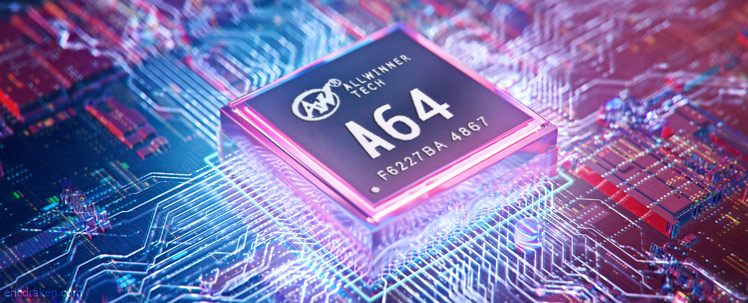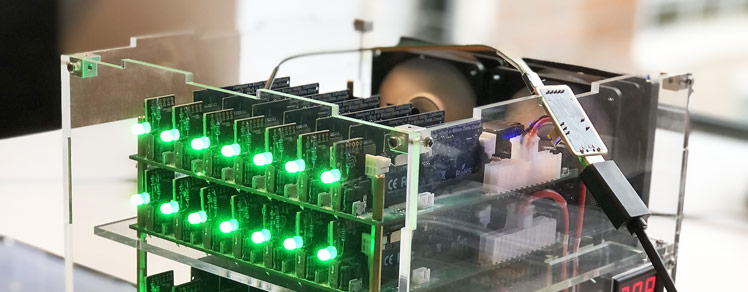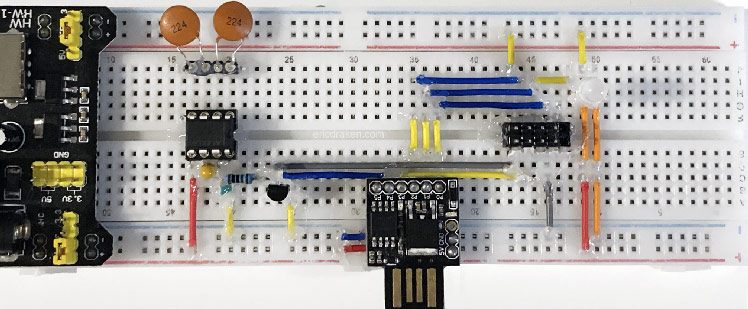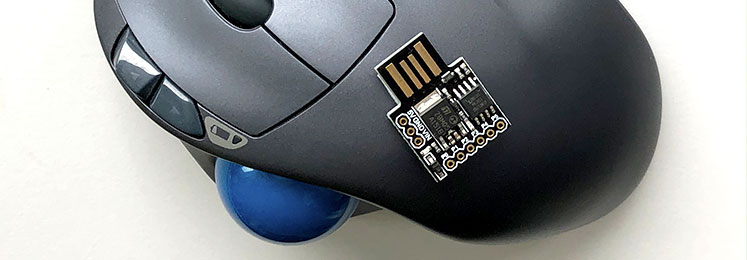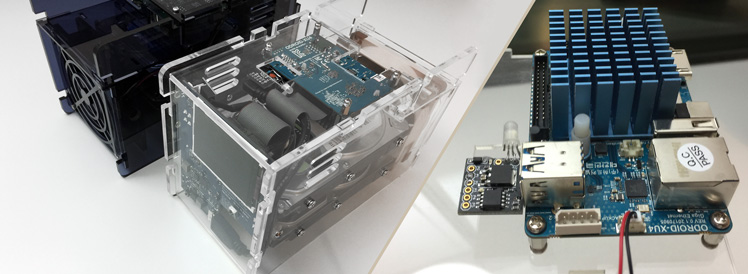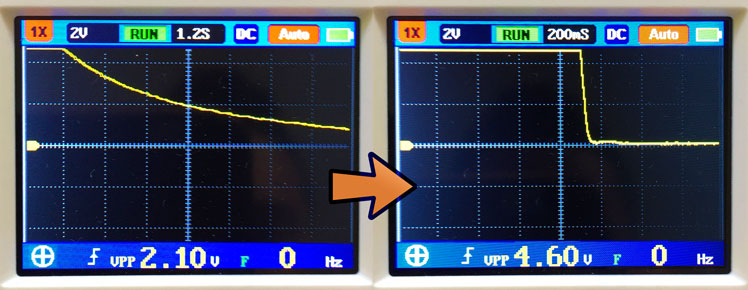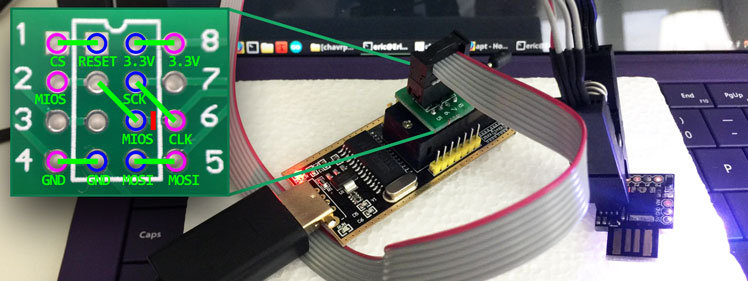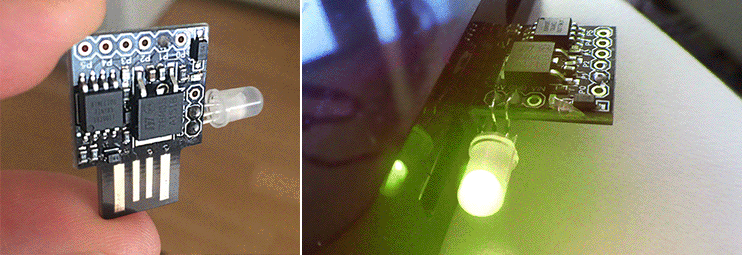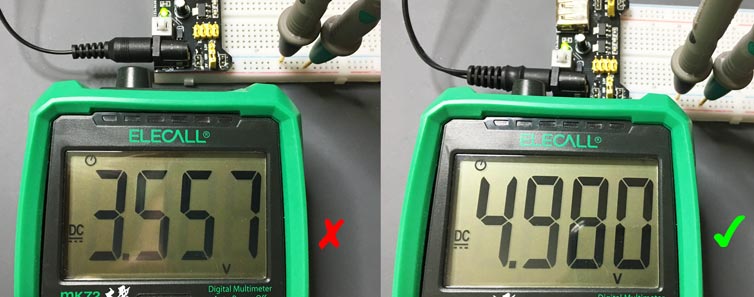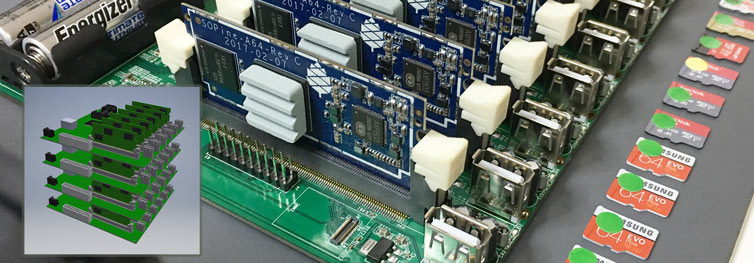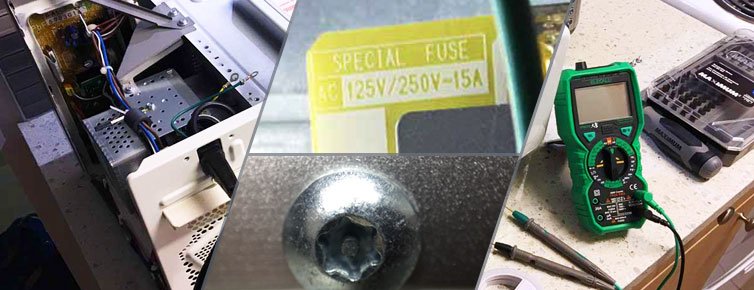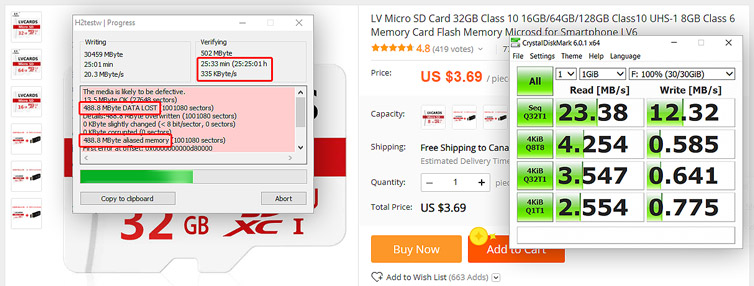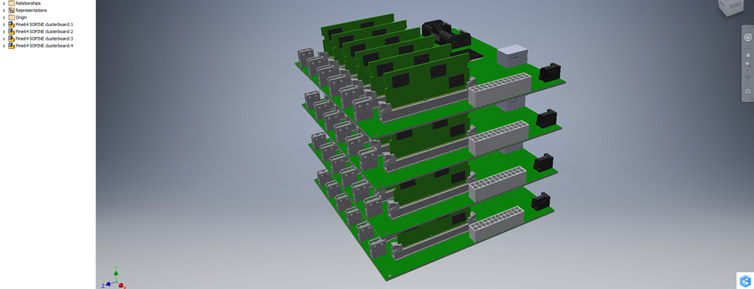Apple TV and iPhone YouTube ads are not blocked by DNS adblockers (e.g. Pi-hole), so I heavily researched this and discovered a flaw in Protobuf that allows me to restrict YouTube ads on Apple TV and iOS by simply changing one byte in the Protobuf responses after decrypting HTTPS network traffic.
Let’s write a Python 3 daemon to animate an RGB LED according to the CPU load. Let’s also learn Python 3 from scratch as a Java developer and see all the gotchas we can encounter along the way.
A bare-metal compute node may soft-lock, spin-lock, deadlock, overheat, encounter resource starvation, the Docker daemon goes away, systemd becomes unstable, and on. In these cases, a watchdog timer acting like a dead man’s switch is not updated, a timer reaches zero and the watchdog circuit restarts all the hardware. However, the clusterboard A64 SoCs have a WDT reset problem which we solve satisfyingly.
Locate in one place all the hardware and software gotchas I’ve encountered from compiling and running the U-Boot bootloader to fixing timing issues in a cluster computer of Allwinner A64 SoCs in order to help others with similar issues and remember myself.
Say you’ve bricked your AVR microcontroller. The HVSP (High-Voltage Serial Programmer) can reset the device back to factory settings. Here we construct such a device to automatically rescue bricked ATtiny85 Blinksticks (my use case) by merely connecting a SOIC8 test clip to each one.
Prevent the screensaver from activating by jiggling the mouse periodically with an inexpensive USB hardware mouse jiggler. Here I show how to create a mouse jiggler from a two-dollar ATtiny85 Digistump and about 15 minutes of time.
ODROID XU4s are awesome. They are 8-core, 2GHz ARM single-board computers (SBCs) with Gigabit Ethernet and USB 3.0 connections. They only have 2GB of DDR3 RAM, but when paired with a CloudShell2 case and a couple of HDDs (or SSDs), they become an impressive NAS, or better, dedicated network-activity drivers for other projects.
A power supply, when suddenly turned off, bleeds voltage slowly. Attached electronics experience a gradual voltage decline from 5V to 3.3V and eventually to zero. The problem is that microcontrollers and microprocessors don’t know how to behave with under-voltage. Their behavior and flash memory integrity is not defined. Flash memory can even be erased. Here I outline my attempts to achieve an efficient logic-level power supply.
I bricked a lot of ATtiny85 Digistump chips while I was building a custom bootloader. Here is how I unbricked them and flashed onto them bootloaders with less than $5 of hardware using an AliExpress CH341A BIOS programmer and some soldering. The problem is that the CH341A is not designed for ATtiny chips, but for flashing motherboard BIOS chips, so I had to hack it.
My project this weekend was to fork both the BlinkStick C firmware and the Java API to make the Digispark USB hardware with the AVR ATtiny85 microprocessor do something never done before: execute color patterns on the microcontroller, not the host CPU. I outline how I failed many times, and how I eventually succeeded with links to my Github repos and pictures of my hardware hacks.
Breadboard power supplies cost less than a dollar on AliExpress. They are quite convenient for quickly powering and prototyping microprocessor circuits, Arduino projects with sketches, USB-powered prototypes, and on. The imagination is the limit. I spent the morning trying to figure out why my MB102 breadboard power supply was outputting only 3.5V, not the expected 5.0V.
Given a cluster computing rig of twenty-eight processors, each can have either a USB 2.0 or microSD local flash storage. Which type of flash and maker is the fastest? Make the wrong choice and the cluster is painfully slow. Not all microSD cards or USB drives are made the same, and interestingly random read and write speeds vary wildly. Here I test several storage configurations with striking benchmark results.
My newer-model Panasonic microwave oven stopped working. To get it working I needed to get past anti-tamper screws and “special” fuses. I suspect Panasonic wants us to buy another microwave instead. Not this time!
For the cluster computing project I’m working on, I need 28 microSD cards. There was an AliExpress sale with good reviews, so I ordered a batch of 30 microSD cards, and at a great price point at the time. As long as the cards are Class 10 and work then we should be good, right? Results: Half are fake or defective. The rest are painfully slow. No refunds.
Let’s build a 112-core 1.2GHz A53 cluster with 56GB of DDR3 RAM and 584GiB of high-availability distributed file storage, running at most 200W. The goal is to use cluster computing to perform fast Apache Spark operations on Big Data, and all on-prem for a fraction of what cloud computing costs.


